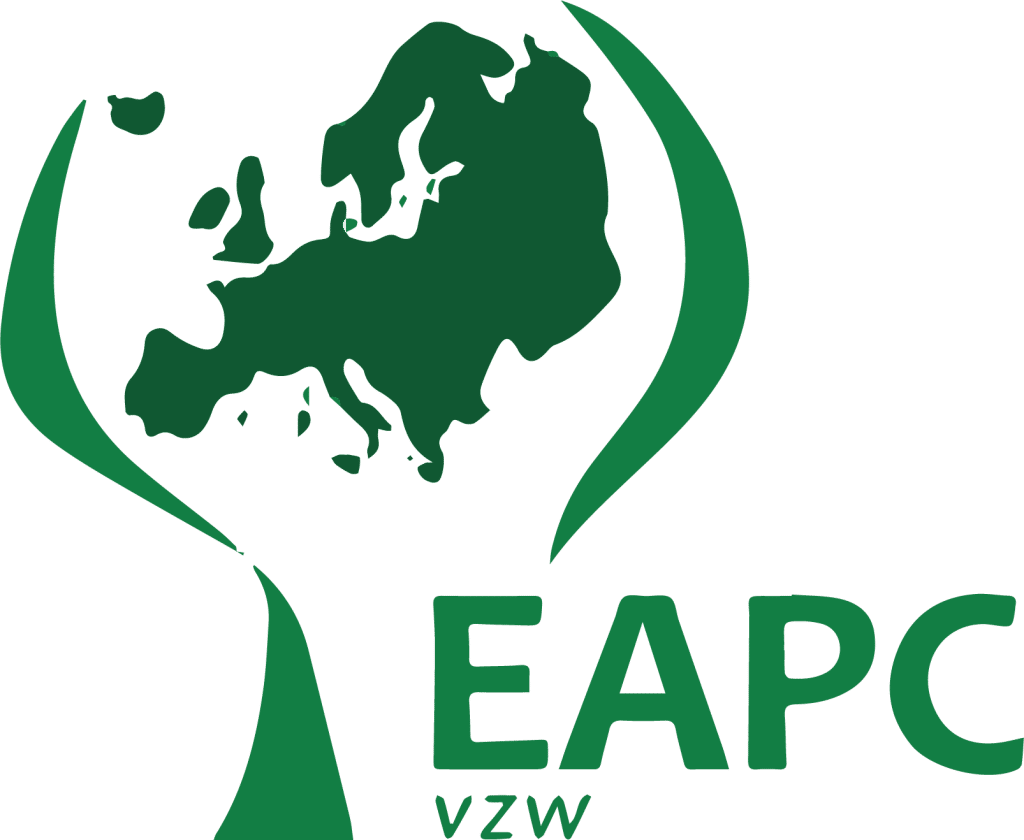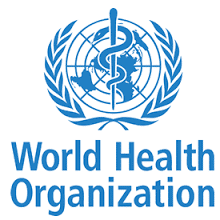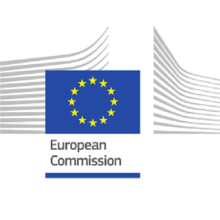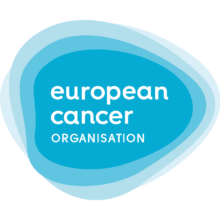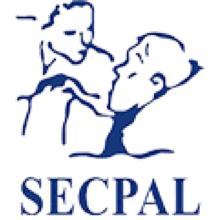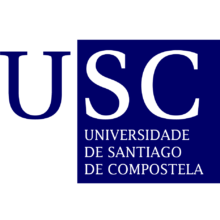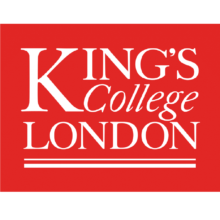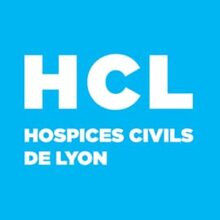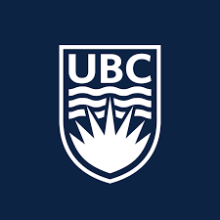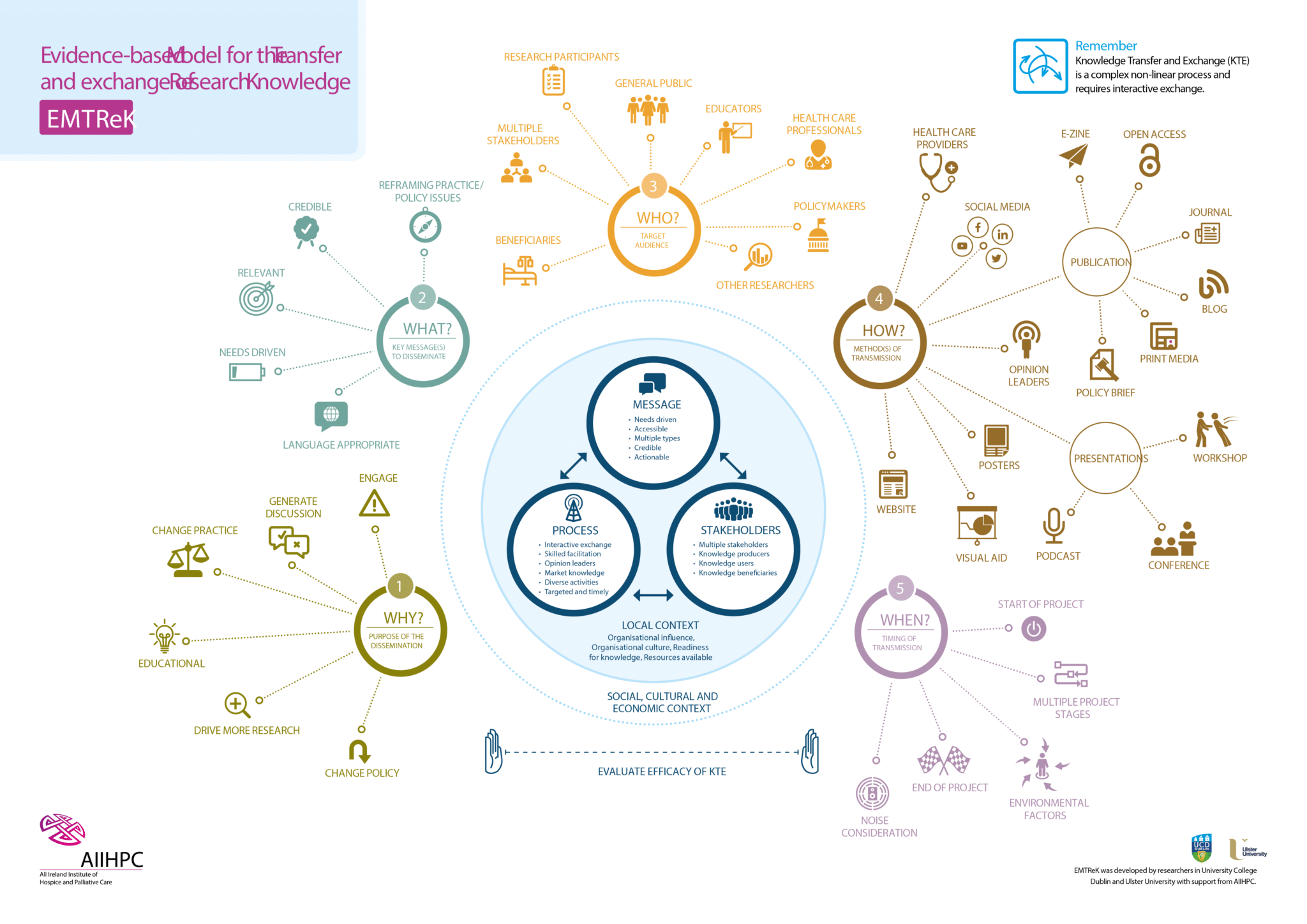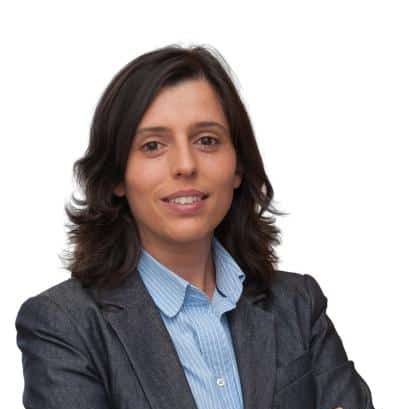EU-Funded Palliative Care Research
Latest News
BLOG: From Research to Clinical
From Research to Clinical Practice Assessing the implementation of INSPIRE’s Palliative Rehabilitation Intervention Translating research to everyday healthcare practice depends not only on trial results, but also on the environment and context in which these results will be put into action. With a wealth of new...
What We’re Reading: October 2024
What We’re Reading: October 2024 Hiensch A, E. , Depenbusch, J., Schmidt, M,E., Monninkhof E,M., Pelaez, M., Clauss, D, et al. (2024) Supervised, structured and individualized exercise in metastatic breast cancer: a randomized controlled trial. Nature Medicine, 25, 1–10. Original Article This randomised controlled trial evaluated...
EAPC Congress 2024 in Barcelona
The NursEduPal@IMPACT Team was well represented at the EAPC World Research Congress in Barcelona from 16th – 18th May with many team members taking part in chairing and presenting sessions. This congress was well attended with over 1,000 delegates. At the EU Funded Research Projects Session, we...
PsyPal project and HOPE Summit:
The PsyPal project was recently highlighted at the Hopkins-Oxford Psychedelic Ethics (HOPE) Summit in Washington, D.C. PAREA was representing the PsyPal. It’s Founder Tadeusz Hawrot spoke about the central role ethics plays in the PsyPal clinical research. While aiming to provide evidence on the efficacy of...
Call for papers – Palliative
This Collection seeks to gather research on palliative sedation, addressing its ethical, clinical, and interpersonal dimensions. BMC Palliative Care invites submissions that explore the complexities of palliative sedation, including ethical considerations, clinical guidelines, and the perspectives of patients, families, and healthcare professionals. In doing so, we aim to...
A Look into the PAL-CYCLES
The Pal-Cycles consortium was delighted to be able to attend the inaugural lecture of Professor Jeroen Hasselaar, held on 9th November 2023 at Radboud University, Nijmegen, the Netherlands. In his enlightening lecture, Professor Jeroen Hasselaar, who leads the Pal-Cycles project, shed light on the profound meaning...
New paper published from EAPC!
An article has been published – International consensus on occupational therapy interventions for people with palliative care needs: A European Association for Palliative Care Group Concept Mapping study. ”This timely paper seeks to raise awareness of the principles of cultural competence, and to provide practical tools...
PsyPal Clinical Trial – Connecting
General Assembly meeting, June 4th & 5th 2024 Haarlem, the Netherlands On June 4th and 5th 2024, partners in the PsyPal General Assembly gathered in scenic Haarlem to mark the project’s first General Assembly meeting. Following a successful kick-off General Assembly meeting in Amsterdam earlier this...
European study to integrate palliative
Read the article about RAPHAEL from UMC Utrecht English Version Dutch Version
Survey Start to NursEduPal@IMPACT
Nurses are key health care professionals for palliative care provision, but what are the core competencies they need to achieve during their undergraduate education to fulfil that role?
EMTReK model
EMTReK (Evidence-based Model for the Transfer and Exchange of Research Knowledge) is being utilised by the European Association for Palliative Care (EAPC) to improve knowledge transfer and exchange within the palliative care field. This model focuses on strategically disseminating research findings to both professionals and stakeholders in a way that is actionable and tailored to the needs of various audiences.
EMTReK supports EAPC’s efforts by ensuring that research findings are communicated through a variety of channels, such as peer-reviewed journals, workshops, and online platforms. The model emphasises stakeholder engagement by identifying key knowledge users (such as healthcare professionals, patients, caregivers and policymakers) and facilitating a two-way dialogue between researchers and these groups. This approach not only improves awareness but also encourages the integration of research into practice by shaping messages according to stakeholder feedback. The EMTReK model promotes effective and efficient sharing of knowledge, addressing local and organisational contexts while considering broader social, cultural, and economic factors.
Through EMTReK, the EAPC is able to improve the dissemination of evidence-based findings for EU Funded projects, fostering better care outcomes for patients and a deeper integration of research into clinical practice. Our communication channels afford opportunities for wide dissemination and exploitation of key messages, and opportunities for synchronous and asynchronous knowledge exchange. Several EU projects have formed EAPC task forces to support dissemination activities. This includes the production of white papers, policy documents or tools for practice and the formulation of further research questions.
Please contact info@eapcnet.eu if you have any questions.
- Prihodova L, Guerin S, Kernohan WG. Knowledge transfer and exchange frameworks in health and their applicability to palliative care: scoping review protocol. J Adv Nurs. 2015 Jul;71(7):1717-25. doi: 10.1111/jan.12642. Epub 2015 Mar 5. PMID: 25739936.
- Payne C, Brown MJ, Guerin S, Kernohan WG. EMTReK: An Evidence-based Model for the Transfer & Exchange of Research Knowledge—Five Case Studies in Palliative Care. SAGE Open Nursing. January 2019. doi:10.1177/2377960819861854
As a forum for all of those either working, or with an interest in palliative care throughout Europe and beyond, EAPC can ensure identification, timely engagement and communication with all relevant stakeholders at all stages of the research. Our communication channels afford opportunities for wide dissemination and exploitation of key messages, and opportunities for synchronous and asynchronous knowledge exchange. Several EU projects have formed EAPC task forces to support dissemination activities. This includes stakeholder engagement, production of White Papers, Policy Documents or Tools for practice and the formulation of further research questions. Please contact info@eapcnet.eu if you have any questions
